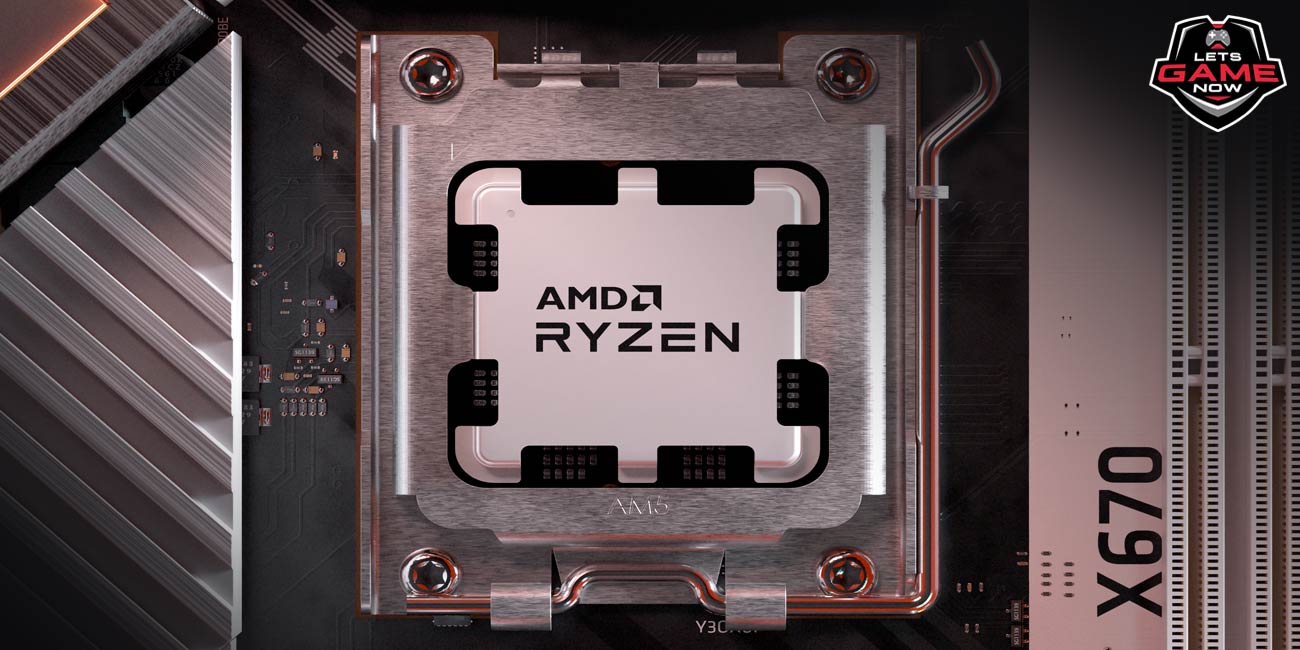


Sreyasha
Sep, 17.2022
As per a new Geekbench 5 score, the Ryzen 9 7900X garners a 30% lead over Ryzen 9 5900X, in Geekbench 5 multi-core and single-core tests. It is enough in terms of eligibility to land the brand-new 7900X a place in the best CPUs tier list once in arrives in the labs.
The Ryzen 9 7900X achieved almost 2,167 points in the single-threaded test, whereas in the multi-threaded test, it got 18,446. As per the official Geekbench browser stats page, the Ryzen 9 5900X scored 1,669 points in the single-core test and 13,946 points in the multi-core test.
This provides Ryzen 9 7900X a 30% lead in single-threaded performance and around 32% lead in multi-threaded performance over its predecessor, Ryzen 9 5900X. These are similar stats to what AMD showed with Ryzen 7000 over Ryzen 5000, having a 29% generational gain in single-threaded speed and around 45% in multi-threaded tasks.
45% gains cannot be seen here but that is expected. The performance of CPU can also change rapidly according to the workflow. This is the reason why Geekbench 5 alone is not capable enough to judge CPU performance. What is to be seen at the very least, is the same 30% gains in the single-threaded test of Geekbench.
Majority of Geekbench 5's gains can be attributed directly to the 13% IPC gain that is coming from the Zen 4 architecture and the 800MHz jump in boost frequency from 4.8GHz to 5.6GHz. There's another speed improvement coming from Ryzen 7000 which is an addition of AVx-512, that will be used by Geekbench 5 in its AES-XTS cryptography benchmark.
This also indicates that Ryzen 9 7900X's performance upgrades are attributed to better per-core performance as both 7900X and 5900X share the same 12-core count.
To conclude, it can be said that Geekbench 5 cannot be used solely as a benchmark in order to judge CPU performance. But it gives us a hint about Ryzen 9 7900X's performance outside of AMD's official numbers. The average performance gains can still be expected to be around 30% ballpark but expected performance is far different in case of niche scenarios that can take advantage of Zen 4's new architectural properties.